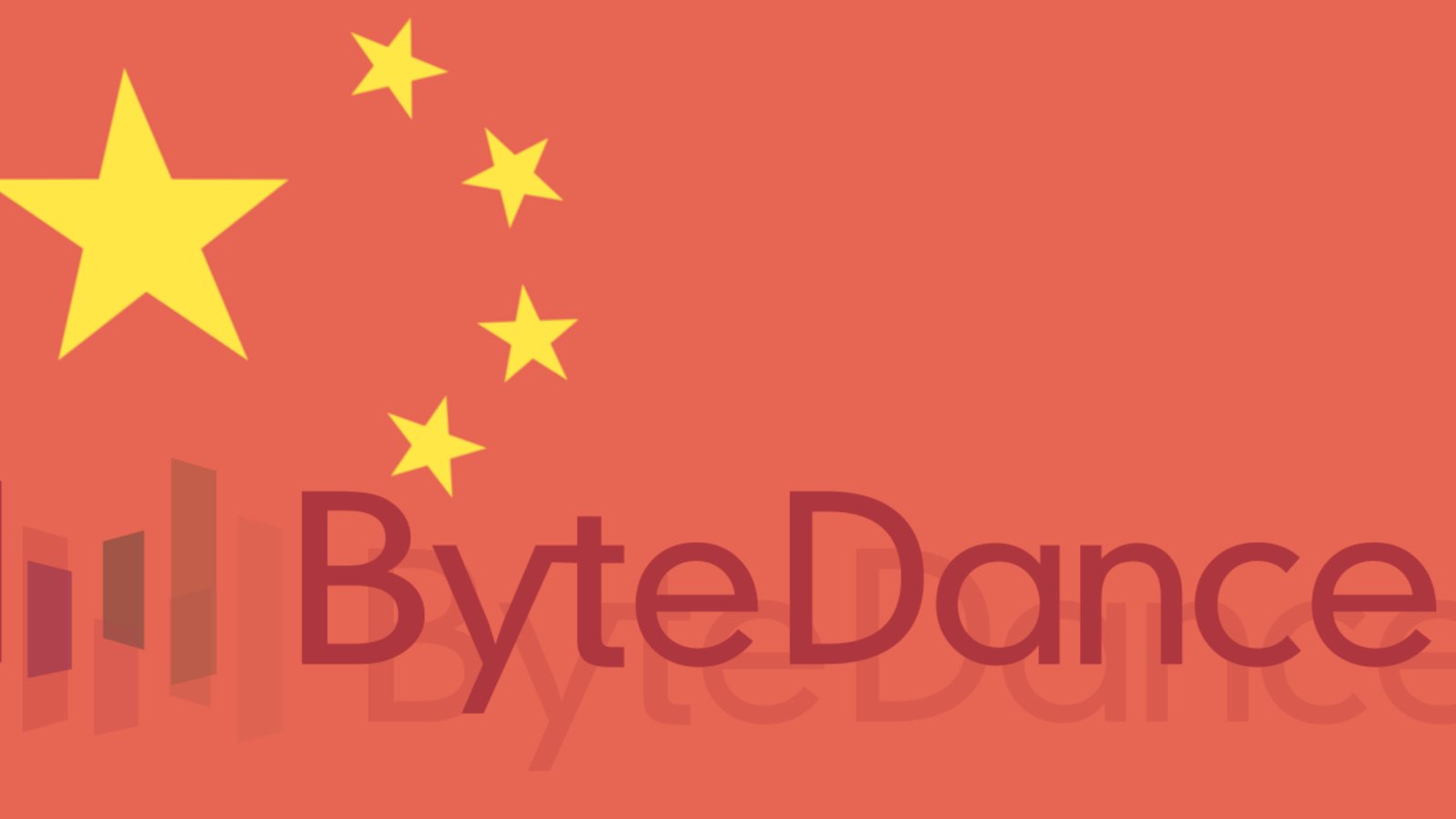Logo Credits: ByteDance Ltd
Growing tensions with the West
Tensions between China and the West have grown increasingly pronounced, fuelled by the country’s rapid economic ascent and growing political influence. Once considered an emerging power, China now stands among the global elite, with trading relationships that have reshaped geopolitical alliances and triggered suspicion from long-established powers.
Much of this contention stems from China’s multifaceted strategy to entrench itself within the global economic framework. Through expansive trade deals, most notably with Africa and the European Union, China has positioned itself as a dominant force within the G20. These partnerships have helped China secure access to critical natural resources and export markets, enabling it to maintain the momentum of its industrial machine and solidify its influence on global supply chains.
However, trade agreements alone have not accounted for China’s growing stature. The rise of Chinese multinational corporations in Western markets has signalled a more ambitious long-term vision. Companies such as Huawei have been central to this strategy, emerging as direct competitors to Silicon Valley giants like Apple and Samsung.
At its peak, Huawei’s smartphone and 5G infrastructure technologies appeared poised to reshape global telecommunications. Yet Western governments grew increasingly wary, particularly around concerns that Huawei’s close ties to the Chinese Communist Party (CCP) could compromise national security. Intelligence agencies in the US and UK warned that Huawei’s hardware could serve as a channel for data harvesting and surveillance. As a result, both nations initiated bans that require the removal of Huawei’s 5G equipment by 2024, effectively shutting the firm out of key markets and halting its access to Western consumer data.
While Huawei’s retreat marked a significant blow to China’s tech ambitions, the geopolitical tug-of-war has continued, most notably through TikTok.
Owned by Chinese firm ByteDance, TikTok has rapidly become a dominant force in global social media, reshaping how younger generations consume and share content. But its popularity has also become a flashpoint for geopolitical anxiety. Legislators in Washington and London have raised alarms over ByteDance’s alleged data-sharing practices with the CCP, citing risks to national security and user privacy.
Indeed, several US states have moved to ban TikTok from government-issued devices, and discussions about a nationwide ban or forced divestment have intensified. Meanwhile, China has maintained a defiant posture, criticising Western double standards and portraying the backlash as technological protectionism designed to stifle competition.
Behind the rhetoric lies a deeper geopolitical game. The West is grappling with a paradigm shift, one where China is no longer a passive manufacturer for global brands but an innovator and agenda-setter in its own right. The strategic value of data, once an afterthought, is now at the heart of 21st-century power struggles.
With the US and China now locked in a new-age cold war of algorithms and influence, the question remains: can cooperation and competition coexist, or will digital dominance become the next battleground for global supremacy?




